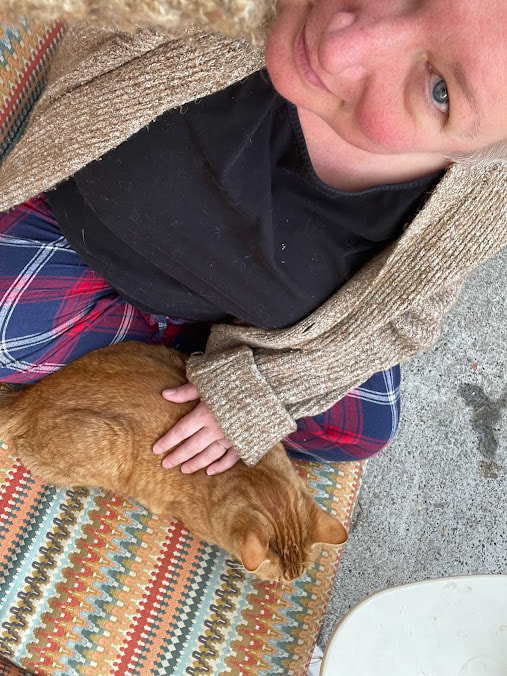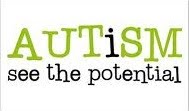I think about meaning-making, or assigning significance and definition to our experiences and events in our lives, as a largely communal or collective phenomenon. There is an element of making sense of things as individuals, but even that doesn’t happen in a vacuum. We make sense of things through the lenses of our family of origin, formative experiences, spirituality, location in the socio-economic strata etc. And that stuff is communal or collective.
Given that everyone is stuck at home, right now, I’m wondering how people are making meaning out of the pandemic and all its associated impacts, influences, and adjustments to “normal” life. Based on what I’m seeing online, the place for communal activity these days, it looks like there are two main avenues into this question. Folks starting at the individual and household sphere, and folks starting at the societal and political sphere. I don’t have a judgment on one or the other approach. I think, ultimately, we’ll all end up trying on both positions - and more.
When I consider this a level deeper, I’m reminded of a lesson from grad school - every community has its own “common sense.” Or, there isn’t a broad brush universal common sense for comprehending events and acting on that understanding. This was struck home to me in an ethics course exploring the meaning of justice. A classmate, a woman of color, explained that in her community there is “no justice, there’s just us.” In her example, calling the police to respond to an incident isn’t necessarily common sense, because police involvement may escalate the situation. The common sense is to solve the problem internal to the community.
What is the common sense or meaning made of the covid-19 pandemic in our communities? It’s probably too soon to tell, as we can find disagreement within a given household regarding what it all means and how to act. Even so, I want to wrap my head around it. For me, that means trying on a variety of perspectives and reading accounts from a variety of communities so that I can perceive the spectrum of common sense.
I’ve started at my individual and household level. That’s my most immediate experience and where I can assert some noticeable agency. In myself and in my home is where I feel the most intense emotions about this experience, address the most immediate changes to our routines and expectations, and recognize the advantages and challenges of our current life together. While broader meaning making is still in progress, for now I know that we have a safe comfortable home, simple pleasures, and gratitude. Our immediate needs are met. We’re adapting to competing priorities for jobs and schooling. We wash our hands, a lot. We make few trips to the store for necessities and treats. We savor our treats.
Almost simultaneously, I thought about our neighbors, the local food banks, grocery store workers, nurses, and then the forces at directing and bearing down on them (all of us) from the government and concerns for the economy. If I feel pressure to keep pace with my job and keep pace with my son’s academics, I imagine that pressure is more intense for folks with essential jobs and their own children to tend and to teach. What feels like an unwieldy challenge to me, might be untenable for a mother with fewer resources.
Starting with just these two perspectives, I’m noticing that while “back to normal” might feel very good in my home, it might be out of reach, and blatantly damaging, for folks in other locations of the broader context. The common sense in those positions may be a call, a conviction, for a new meaning and a new context altogether. I have no idea what that really means, today. I am curious to learn more. Even as I’m sensitive to what changes and new common sense it could mean for me and my household.
 RSS Feed
RSS Feed





